Do It Yourself
Holiday Accidents: What To Do During An Emergency
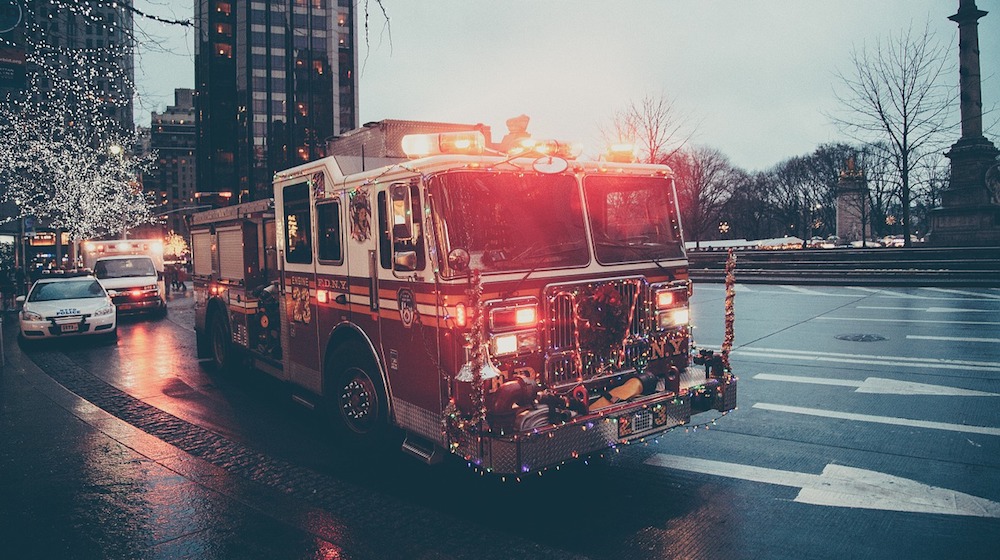
The holidays are a joyous time, but this time of year can also be very dangerous. Check out the post below to learn how to handle any emergency that might occur during the holiday season.
In Case of Emergency: How to Survive A Holiday Accident
The holiday season can be most wonderful time of the year – but can quickly turn into one of the worst as well. While most people enjoy the festivities with their loved ones, many others unfortunately wind up in the hospital or emergency rooms because of horrific accidents or sudden illnesses that, most of the time, could have been prevented.
Getting terribly sick or meeting an accident is one of the worst things that could happen during the holidays, but every year, more than 80 thousand people get hospitalized. Oftentimes, these accidents are caused by small decisions that lead to big problems like: leaving a lit candle, using the wrong ladder, overloading the socket with too many power connections – which can supposedly be avoided with common sense.
Preventing these accidents from happening should always be the priority but what should you do if you do get into an emergency situation.
House Fires
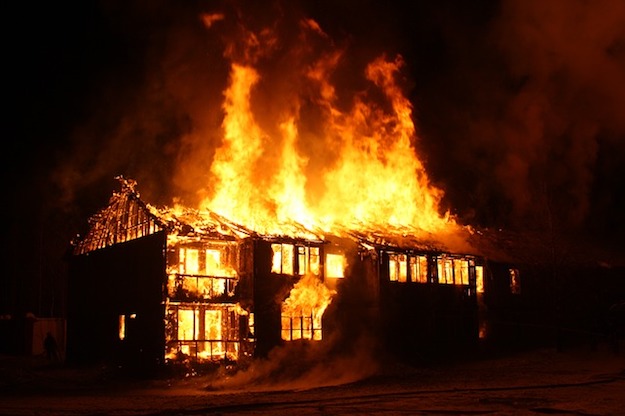
Candles, Christmas lights, dry Christmas trees, and circuits can cause household fires if not given proper attention. In case of fires, move away from the heat source, smother the fires with a blanket and use the fire extinguisher if you have one. If someone is on fire, have him stop, drop, cover and roll.
For burn injuries, apply cold running water to the area for 20 minutes. If you do not have access to running water, alternate two wet cloths onto the person’s skin. Do not use ice or creams. Remove clothing and jewellery on the burn area. Seek medical attention for burns bigger than the size of a 20c piece or if the burn blisters.
Traffic Accidents
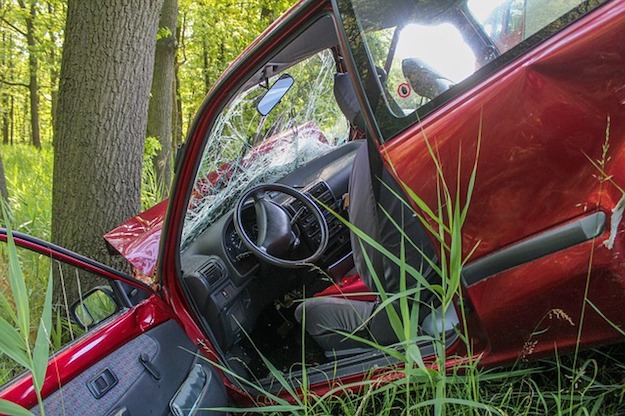
During the holidays, many accidents occur on the road. If you happen to come across an auto accident, park at a safe distance and turn off the engine before going out to help. Call for help. Check to see if anyone is injured, and move the casualty ONLY IF the person is in immediate danger. Unnecessarily moving injured people may cause splint fractures.
Place unconscious victim in a side position and check ABCs (airway, breathing and circulation through pulse). Check for bleeding and if there is, try to control it by direct pressure. Also check for indications of shock. Stay with casualties until emergency services arrive.
Poisoning
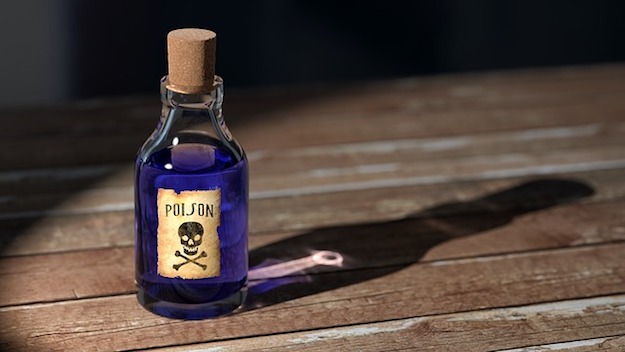
Did you know that mistletoe and poinsettias are also poisonous upon ingestion? Many people, especially children, fall victim to poisoning during the holidays. In fact, 52 children visited to the hospital for swallowing cologne bottle contents.
Call for medical aid immediately. While still at home, monitor the victim’s airway, breathing and pulse. Determine how much the victim ingested, and do not encourage vomiting unless instructed by the National Poison Control Center. If the victim throws up, save the vomit, this may sound gross but it may help the medical team identify what drug is necessary to reverse the poisoning.
Falls

According to the National Fire Protection Association, two to three people per hour visited the ER for fall-related injuries in 2011, totaling more than 5,800 injuries during the holiday season. The majority of the falls happened outdoors, while hanging decorations and lights.
When a person falls, immediately check for consciousness, broken bones, bleeding, and seizures. If the fall was bad, do not allow them to move until you have checked that the upper part of the body is injury-free. If the victim becomes unconscious, sleepy, vomiting, having difficulty in breathing and complains of intense pain, seek help immediately.
Looking for more holiday survival tips? Check out the posts below:
Emergency Preparedness | Is 72 Hours Enough?
Traveling for the Holidays? Make Sure You’re Prepared
10 Surprisingly Simple Things That Save Lives
About the author: Melissa Page is a passionate writer and social media contributor who works with Staff Care, an AMN Healthcare company and leader in locum tenens staffing. When she isn’t busy writing, she’s playing bowling with close friends.
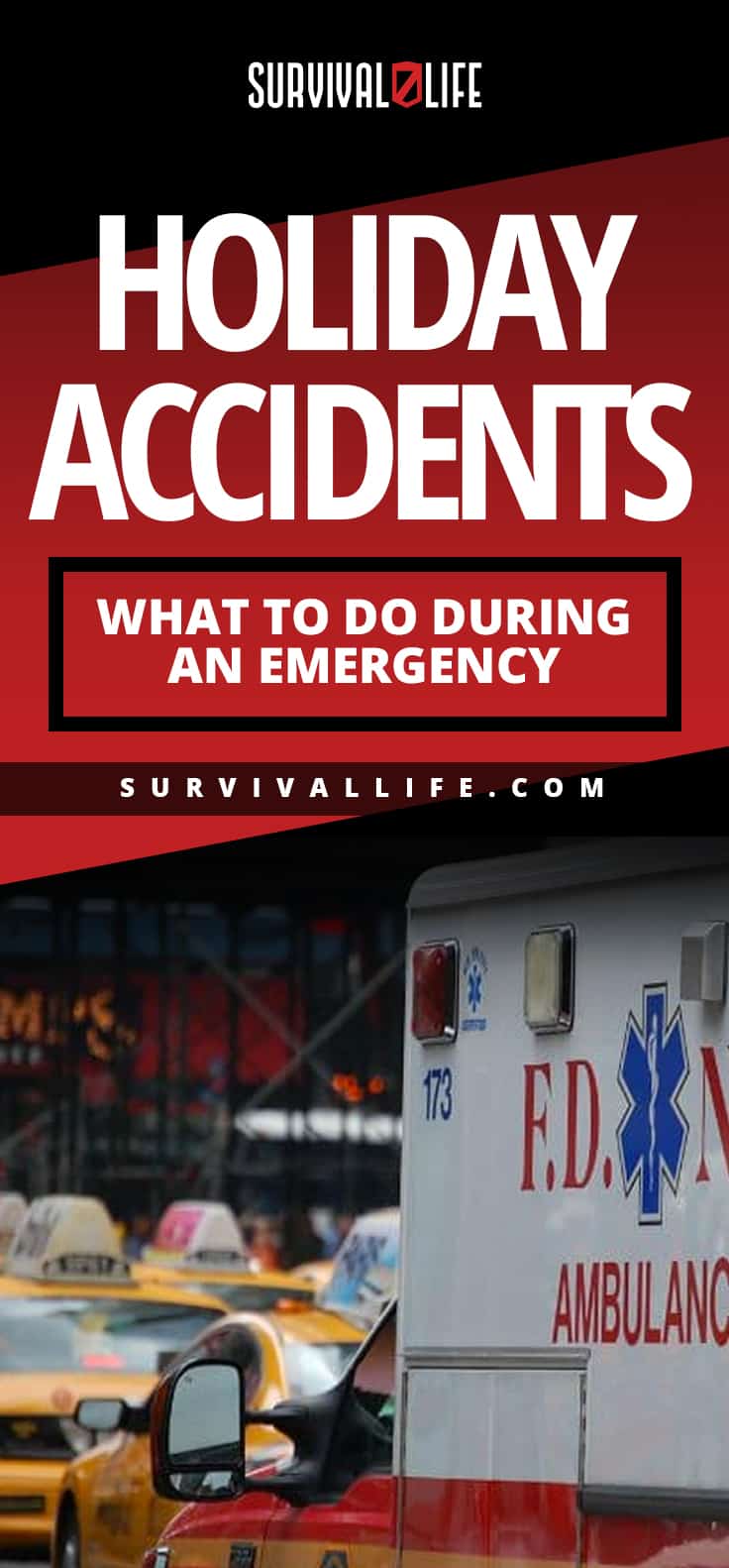
-

 Do It Yourself7 months ago
Do It Yourself7 months agoParacord Projects | 36 Cool Paracord Ideas For Your Paracord Survival Projects
-

 Do It Yourself9 months ago
Do It Yourself9 months agoHow To Make Paracord Survival Bracelets | DIY Survival Prepping
-

 Do It Yourself9 months ago
Do It Yourself9 months ago21 Home Remedies For Toothache Pain Relief
-

 Do It Yourself10 months ago
Do It Yourself10 months agoSurvival DIY: How To Melt Aluminum Cans For Casting
-

 Exports8 months ago
Exports8 months agoAre Switchblades Legal? Knife Laws By State


Turtle
December 25, 2012 at 12:08 AM
Auto Accidents – moving the injured unnecessarily may cause paralysis due to spinal injuries being moved around unstabilized. I don’t know what “splint fractures” are and I have been a wilderness EMT and am current in wilderness advanced first aid.
Pingback: How to Avoid Holiday Violence on Black Friday | Survival Life
Pingback: How to Avoid Holiday Violence on Black Friday | Savvy About Survival
Pingback: Holiday Shopping Safety Tips: How To Prevent Purse Snatching
Pingback: Holiday Shopping Safety Tips: How To Prevent Purse Snatching | camping
Pingback: Should You Add A Gas Mask To Your Survival Kit? | Primitive technology
Pingback: Should You Add A Gas Mask To Your Survival Kit? - Survive!